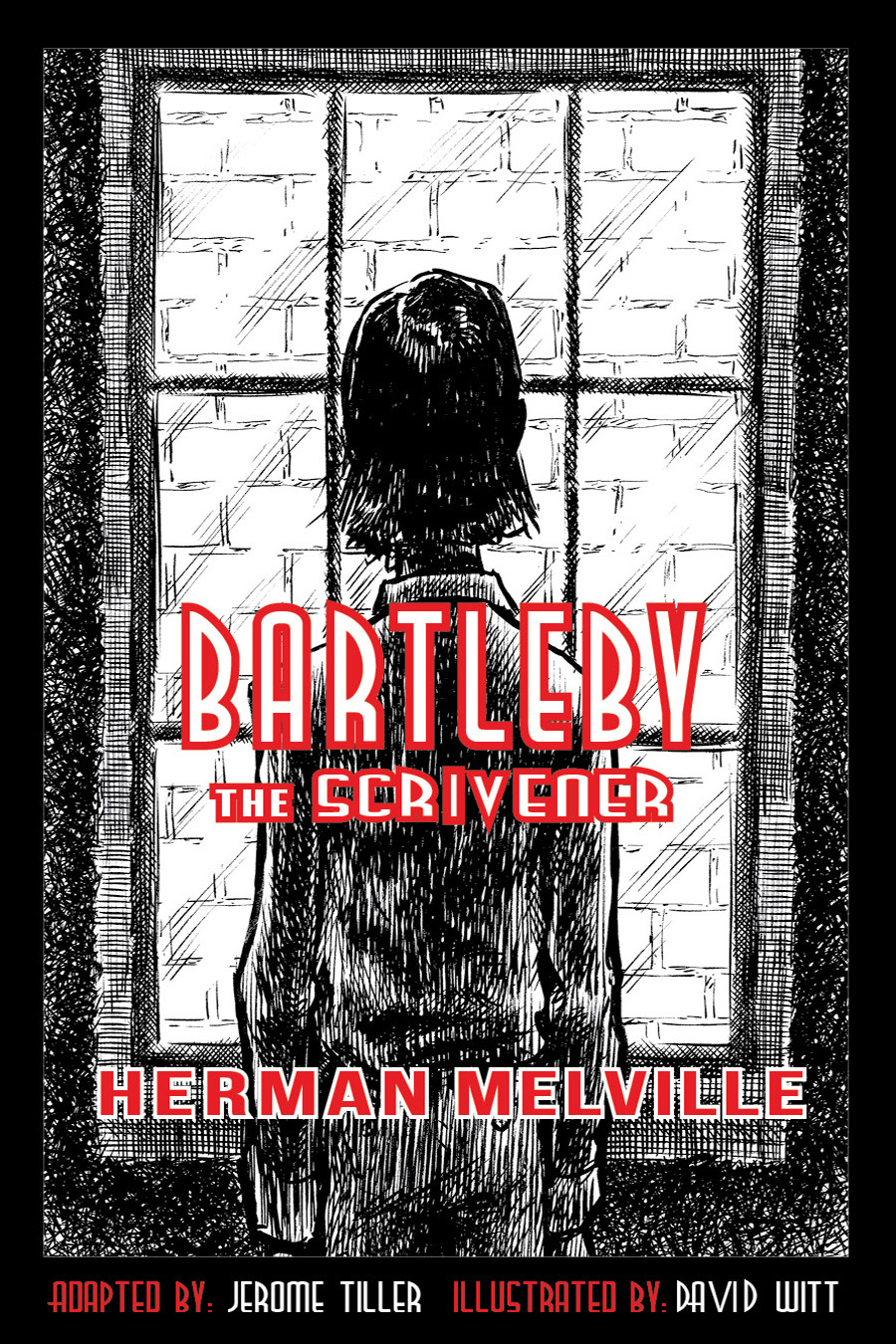Mark Twain’s Eve and Adam - Gender Stereotypes?
When Mark Twain developed the characters Eve and Adam in his creation stories, did he rely upon and perpetuate gender stereotypes? Although most of the people who have read and reviewed “Eve’s Diary” like the story, some readers found fault with Twain’s portrayal of Eve, especially after she began taking an interest in Adam.
Twain took on a daunting task when he decided to fictionalize the story of creation. He must have known that his characterizations of Eve and Adam, the very first human creatures, would be seen as archetypes for all succeeding generations of both genders of humans.
Confidants of Twain knew he wrote “Eve’s Diary” as a eulogy to his beloved wife Olivia; she died in 1904, a little more than one year prior to its publication. Consequently, Twain did not intentionally slight Eve in any way, and definitely not as a gender stereotype, when he developed her character. However, his previous work constrained his options when he characterized Eve. Adam had perceived Eve in a certain way in an earlier comic story, “Extracts from Adam’s Diary”. Twain wrote this comic story thirteen years before “Eve’s Diary”.
Twain must have felt compelled to carry over some elements of Eve’s character from this earlier story when he created “Eve’s Diary”. Those include some stereotypical attributes. But even accounting for this, Twain’s depiction of Eve in her own story was far more tender than comic. Twain paid tribute, not only to Olivia, but to the feminine gender in this later depiction of Eve.
The Power of Love
Twain wrote “Eve’s Diary” late in life and by that time he had developed a very cynical frame of mind. Even so, Twain found ample room within this frame to pay tribute, not only to Olivia and to woman, but also to the transcendent power of love. Eve shows a much larger capacity for love than Adam. Even when Adam enlarges his capacity for love, Eve causes his growth. Eve’s undefinable love for him and overflowing love for all creation opens Adam's heart. Eve held the key to the greatest power on earth and turned it to free the humanity in Adam.
Perhaps this is where the charges of stereotyping are rooted—that women are somehow weakened by their large capacity for love, a capacity which then engenders other typical female characteristics, real or imagined. But I don’t think Twain viewed a surfeit of love this way. Without question, Twain respected, admired, and even adored Olivia. If he used Olivia as a model for Eve, and Eve as an archetype for woman, then Twain saw love as supremely strong, certainly not weak.
But perhaps you should judge for yourself whether or not Twain gender stereotypes Eve. A complete (but scaled for mobile viewing), free copy of our adaptation of Mark Twain's Eve and Adam is available.
View/download free pdf version of the Diaries of Eve & Adam


